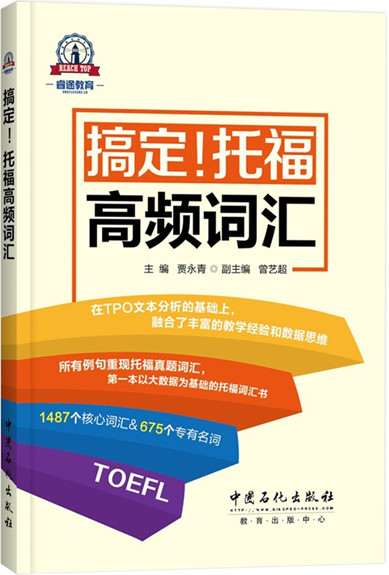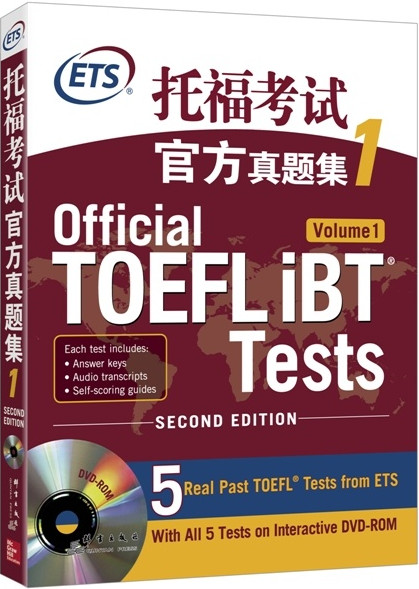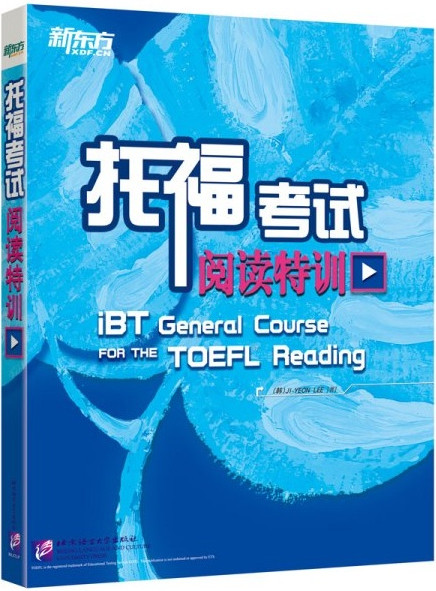PARAGRAPH 5
Animals also have to adapt to desert conditions, and they may do it through two forms of behavioral adaptation: they either escape or retreat. Escape involves such actions as aestivation, a condition of prolonged dormancy, or torpor, during which animals reduce their metabolic rate and body temperature during the hot season or during very dry spells.
9、 Which of the sentences below best expresses the essential information in the highlighted 1 sentence in the passage? Incorrect choices change the meaning in important ways or leave out essential information.
One way animals escape is by entering a state of extended dormancy, known as aestivation, during the hottest and driest times of year.
Animals can escape without using direct action, or aestivation, simply by reducing their metabolic rate and body temperature.
The actions that an animal uses to escape are known as aestivation, which sometimes involves a reduction in metabolic rate or body temperature.
When the weather is especially hot and dry, an animal may suffer from a condition known as aestivation, at which point the animal needs to escape.
10、It can be inferred from paragraph 5 that all of the places desert animals retreat to
provide shade from the sun
sometimes become crowded
are places where supplies of food are plentiful
leave the animals vulnerable to predators
PARAGRAPH 7
Some animals have behavioral, physiological, and morphological (structural) adaptations that enable them to withstand extreme conditions. For example, the ostrich has 1 plumage that is so constructed that the feathers are long but not \ too dense. When conditions are hot, the ostrich erects them on its 1 back, thus increasing the thickness of the barrier between solar radiation and the skin. The sparse distribution of the feathers, however, also allows considerable lateral air movement over the skin surface, thereby permitting further heat loss by convection.Furthermore, the birds orient themselves carefully with regard to the Sun an0 gently flap their wings to increase convection cooling.
11、According to paragraph 7, what special adaptation helps the ostrich cope with hot desert conditions?
Each of its feathers is very short and dense.
Its wings produce only lateral air movement when flapping.
Its feathers are very thickly set on both its back and its wings.
It can make its feathers stand up on its If back.
12、Look at the four squares that indicate where the following sentence could be added to the passage.
The increase in reward still did not attract young people to this hard life, and convicted criminals and slaves were pressed into services
Where would the sentence best fit?
PARAGRAPH 1
The harsh conditions in deserts are intolerable for most plants and animals. Despite these conditions, however, many varieties of plants and animals have adapted to deserts in a number of ways. Most plant tissues die if their water content falls too low: the nutrients that feed plants are transmitted by water; water is a raw material in the vital process of photosynthesis; and water regulates the temperature of a plant by its ability to absorb heat and because water vapor lost to the atmosphere through the leaves helps to lower plant temperatures. ■ Water controls the volume of plant matter produced. ■ The distribution of plants within different areas of desert is also controlled by water. ■ Some areas, because of their soil texture, topographical position, or distance from rivers or groundwater, have virtually no water available to plants, whereas others do. ■
13. Directions: From the seven statements below, select the statements that correctly characterize breathing during wakefulness and those statements that correctly characterize breathing during sleep. Drag each answer choice you select into the appropriate box of the table. Two of the answer choices will NOT be used. This question is worth 3 points.
Adaptations of Annuals BF
Five of the phrases will NOT be used.
A. Woody structures
B. Explosive growth in wet years
C. Long, thin, shallow roots
D. Storage of water in plant tissue
E. Minimization of the amount of water used for
Adaptations of Perennials ADG
Four of the phrases will NOT be used,
A. Woody structures
B. Explosive growth in wet years
C. Long, thin, shallow roots
D. Storage of water in plant tissue
E. Minimization of the amount of water used for photosynthesis
F. Short life cycle
G. Leaves designed to minimize water loss
- 12-24·托福阅读加试一般加几篇?
- 12-24·托福阅读解题技巧讲解
- 12-22·托福阅读插入题正确的解题步骤
- 12-22·托福考试阅读中插入题怎么解答
- 12-19·2019年托福阅读考试的两大陷阱
- 12-192019年托福阅读考试的两大陷阱
- 12-11托福阅读考试的时候要考几篇文章
- 10-19托福阅读得高分三种技巧,快来学习
- 05-032018年托福阅读考试中出现的常见高频词汇
- 04-242018年托福阅读常考话题类别梳理
编辑推荐
- 模拟试题
- 历年真题





